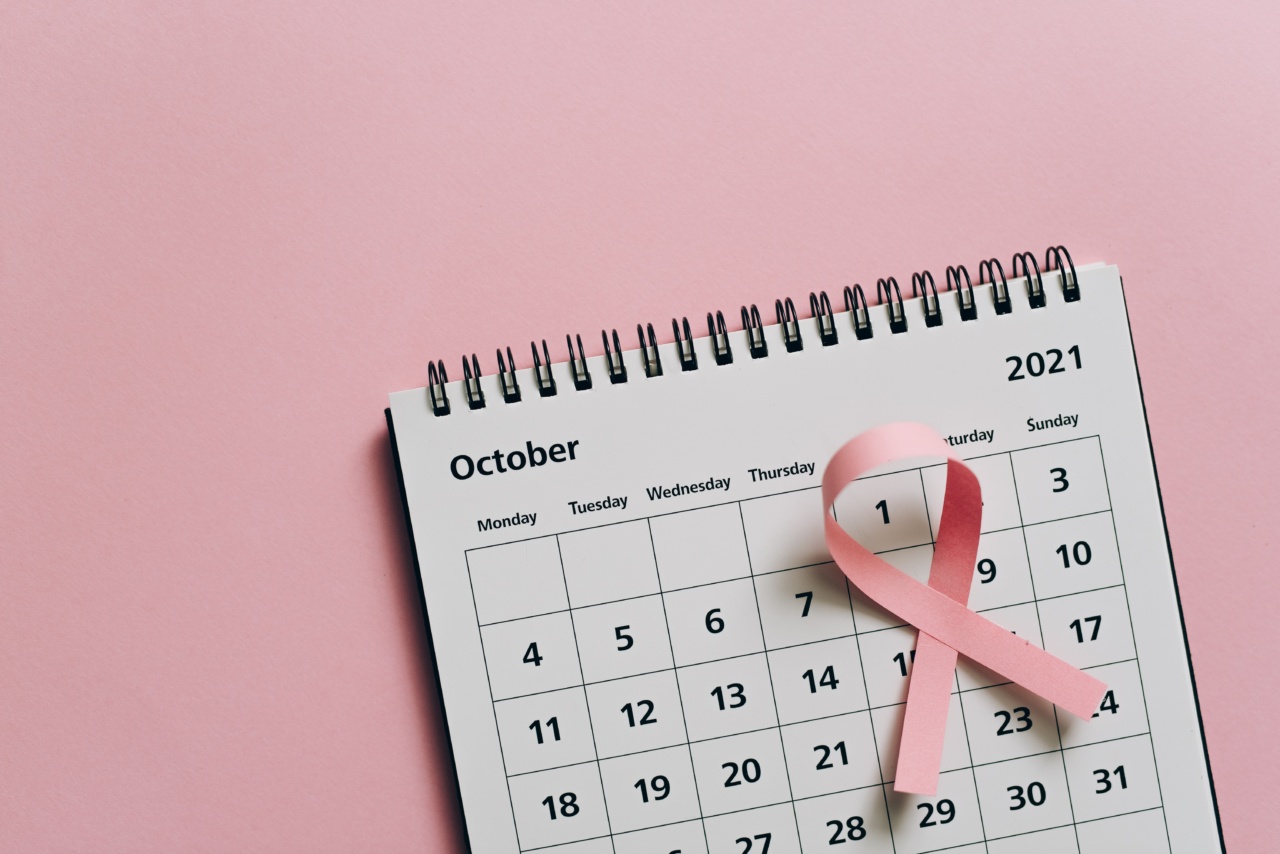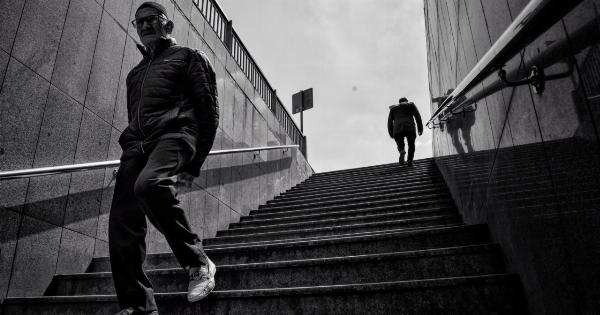When I was 23 years old, I received news that turned my world upside down: I had been diagnosed with cervical cancer.
At a time when most young adults are just starting to feel like they have life figured out, I was faced with a life-altering medical diagnosis.
Understanding Cervical Cancer
For those who may not know, cervical cancer is a type of cancer that affects the cervix, or the entrance to the uterus.
There are a variety of factors that can increase your risk for cervical cancer, including smoking, having multiple sexual partners, and a family history of cervical cancer.
Although cervical cancer used to be one of the leading causes of death for women in the United States, thanks to regular screenings and preventative measures like the HPV vaccine, the rate of cervical cancer has decreased significantly in recent years. However, in some cases, cervical cancer can still occur in young women like myself.
The Diagnosis
At the time of my diagnosis, I was a college student studying for my bachelor’s degree. I had been experiencing abnormal bleeding and painful periods for several months, without realizing that these symptoms were a sign that something was wrong.
After a routine Pap smear, my doctor referred me for further testing, which ultimately led to my diagnosis of cervical cancer.
Coping with the Diagnosis
Receiving a cancer diagnosis is never easy, but I found that being diagnosed at such a young age made it even more difficult. At the time of my diagnosis, I felt like I was at a crossroads in my life.
I was supposed to be finishing up school, starting a career, and enjoying all the freedom and opportunity that comes with being a young adult. Instead, I was facing a serious health challenge that threatened to derail all of my plans.
One of the biggest challenges of my cancer diagnosis was the uncertainty that comes with any serious medical condition.
Although my doctors were able to develop a treatment plan for me, there were no guarantees that it would work or that I would be able to fully recover from the cancer. This uncertainty weighed heavily on me and made it difficult to plan for the future.
Treatment and Recovery
After my diagnosis, I underwent several rounds of chemotherapy and radiation therapy.
Although the treatment was difficult and often left me feeling tired and weak, I was determined to fight the cancer and get back to my normal life as soon as possible.
Once my treatment was complete, I began the recovery process. This involved regular checkups with my doctors to ensure that the cancer was gone and that I was healthy. Although it took some time, I eventually began to feel like myself again.
Life After Cancer
Although my battle with cervical cancer was difficult, I am grateful for the lessons that I learned and the resilience that I developed as a result. Today, I am cancer-free and have been for several years.
I still see my doctors regularly to ensure that the cancer does not return, but overall, I feel like I have a new lease on life.
One of the most valuable lessons that I learned from my experience with cancer is the importance of regular checkups and preventative care.
I now make sure to see my doctor regularly, get regular screenings, and take care of my health in every way possible.
Conclusion
Being diagnosed with cervical cancer at a young age was a difficult and life-changing experience, but it ultimately taught me the value of my health and the importance of taking care of myself.
If you are a young woman who is concerned about your risk for cervical cancer, I encourage you to talk to your doctor and make sure that you are getting the care and attention that you need.





























